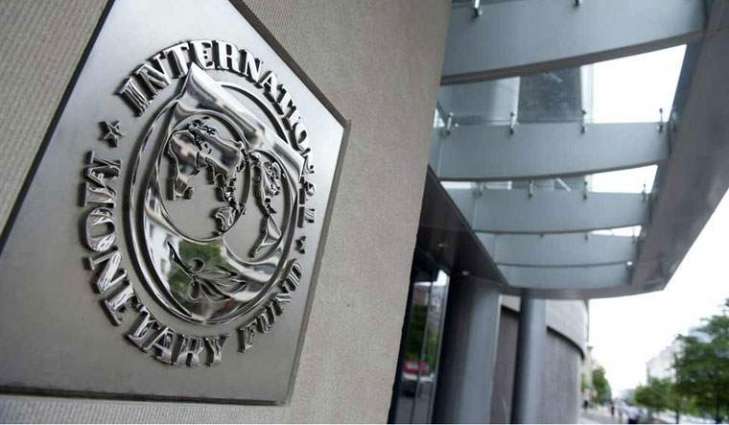The novel coronavirus pandemic has prompted numerous countries to improve their mobile money systems and address specific limitations, the International Monetary Fund (IMF) said in a blog post on Monday
WASHINGTON (Pakistan Point News / Sputnik - 22nd June, 2020) The novel coronavirus pandemic has prompted numerous countries to improve their mobile money systems and address specific limitations, the International Monetary Fund (IMF) said in a blog post on Monday.
"The pandemic has led many countries to strengthen their mobile money ecosystems and address specific constraints," the IMF said.
The IMF noted countries that developed more effective money ecosystems such as Ecuador, Malaysia and Saudi Arabia were able to react faster amid the pandemic. Ecuador doubled the number of licensed cash agents within two weeks, Malaysia expanded free mobile internet access and Saudi Arabia reduced mobile usage fees to encourage mobile payments.
Mobile money systems have specific risks, including the lack of coverage and insufficient access to money agents in rural areas, the IMF acknowledged.
"Exchanging mobile money for cash can still be expensive, and digital and financial illiteracy are known to hinder adoption of digital mobile services," the IMF said.
The novel coronavirus pandemic has forced policymakers to react quickly to reduce regulatory weaknesses related to mobile money and the IMF has highlighted the importance of ensuring the risks of accelerating mobile money, including cyber-risks and digital fraud, do not outweigh the benefits.
The IMF said it has noticed that many governments during pandemics bet on cash transfers when trying to boost their social protection systems while at the same time trying to expand their coverage.
"In Sub-Saharan Africa, over 80 percent of measures announced since the beginning of the pandemic are in the form of transfers, and only 4 percent were labor market policies. Globally, 30 percent of all the initiatives taken by countries are cash transfers," the IMF added.




